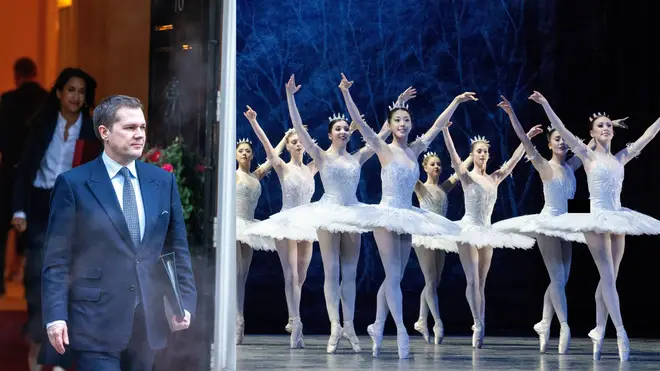
Simon Marks 4pm - 7pm
29 November 2023, 12:09

Rishi Sunak is under pressure to axe the shortage occupation list as part of a desperate drive to curb immigration.
The Home Office is said to support proposals from the independent Migration Advisory Committee (MAC) last month to ditch the preferential list for visas despite the potential damage it could do to the economy.
The mechanism means employers can hire foreign workers to do the roles on the list at 20 per cent below the going rate in their industry but it has been criticised for repeated additions in recent years.
As well as including occupations such as care worker, engineer and bricklayer, the list includes ballet dancers, graphic designers and “arts officers”.

The plan to drop the shortage occupation list has faced resistance from Downing Street owing to fears that the move would damage the economy and hamper Rishi Sunak’s pledge to slash NHS waiting lists.
They come amid fresh splits within the cabinet and the wider Conservative Party over immigration after official figures revealed that net migration hit an all-time high of 745,000 last year.
Government sources told The Times that the prime minister would accept only measures that had the least economic harm and the fewest unintended consequences on other areas such as the NHS and social care.
The Home Office and Treasury are expected to carry out modelling to assess the economic impact of each measure before they are accepted by Downing Street.
Immigration minister Robert Jenrick, who has been pushing for drastic action, signalled he wants a hard cap on numbers as he was grilled by MPs yesterday.
Mr Jenrick told the Commons the "time for tinkering is over" and warned that the public were "sick of talk" from politicians as he faced questions on the Government's plan to address all-time-high levels of net migration.
"We are going to bring forward a serious package of fundamental reforms to address this issue once and for all," he said.
"The time for tinkering is over. There are definitely strong arguments for using caps, whether in general or on specific visas, but these are conversations that we need to conclude within Government."
Sources said the most likely measures to be announced were new restrictions on the ability of foreign workers to bring spouses and other family members to the UK, increasing the minimum salary foreign workers must earn to about £35,000 and new rules that prevent foreign care workers moonlighting in other jobs.
At present foreign care workers are allowed to work an additional 20 hours in another job but rules are expected to be tightened to allow them to work in only other regulated care homes.
Other proposals, such as a cap on foreign workers, raising the minimum salary threshold to as high as £45,000 and scrapping the shortage occupation list, are expected to be rejected or delayed because of the impact they would have on the economy and labour shortages.